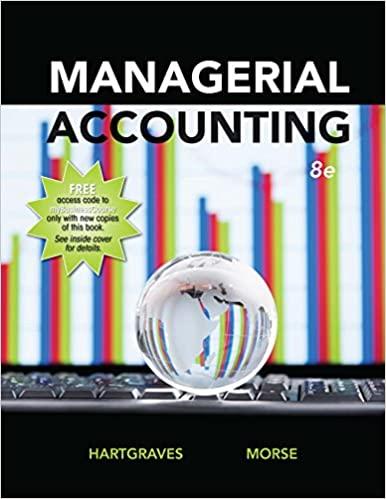Answered step by step
Verified Expert Solution
Question
1 Approved Answer
Can anyone clearly explain this for me on how to do this? I would also want to know how you get the Preferential tax. Required



Can anyone clearly explain this for me on how to do this? I would also want to know how you get the Preferential tax.
Required information [The following information applies to the questions displayed below.) Matt and Meg Comer are married and file a joint tax return. They do not have any children. Matt works as a history professor at a local university and earns a salary of $67,700. Meg works part time at the same university. She earns $35,200 a year. The couple does not itemize deductions. Other than salary, the Comers' only other source of income is from the disposition of various capital assets (mostly stocks). (Use the tax rate schedules, Dividends and Capital Gains Tax Rates:) (Round your final answers to the nearest whole dollar amount.) a. What is the Comers' tax liability for 2020 if they report the following capital gains and losses for the year? Short-term capital gains Short-term capital losses Long-term capital gains Long-term capital losses $11,200 (4,200) 17,200 (8,200) Total tax liability Tax Rates for Net Capital Gains and Qualified Dividends Taxable Income Rate* Trusts and Estates 0% Married Filing Jointly $0 - $80,000 $80,001 - $496,600 $496,601+ Married Filing Separately $0 - $40,000 $40,001 - $248,300 $248,301+ Single $0-$40,000 $40,001 - $441,450 $441,451+ Head of Household $0 - $53,600 $53,601 - $469,050 $469,051+ 15% $0 - $2,650 $2,651 - $13,150 $13,151+ 20% *This rate applies to the net capital gains and qualified dividends that fall within the range of taxable income specified in the table (net capital gains and qualified dividends are included in taxable income last for this purpose). 2020 Tax Rate Schedules Individuals Schedule X-Single If taxable income is over: But not over: S 0 $ 9,875 $ 9.875 $ 40,125 $ 40,125 $ 85,525 $ 85,525 $163,300 $163,300 $207,350 $207,350 $518,400 $518,400 The tax is: 10% of taxable income $987.50 plus 12% of the excess over $9,875 $4,617.50 plus 22% of the excess over $40,125 $14,605.50 plus 24% of the excess over $85,525 $33,271.50 plus 32% of the excess over $163,300 $47,367.50 plus 35% of the excess over $207,350 $156,235 plus 37% of the excess over $518,400 Schedule Y-1-Married Filing Jointly or Qualifying Widow(er) If taxable income is over: But not over: The tax is: $ 0 $ 19,750 10% of taxable income $ 19,750 $ 80,250 $1,975 plus 12% of the excess over $19,750 $ 80,250 $171,050 $9,235 plus 22% of the excess over $80,250 $171,050 $326,600 $29,211 plus 24% of the excess over $171,050 $326,600 $414,700 $66,543 plus 32% of the excess over $326,600 $414,700 $622,050 $94,735 plus 35% of the excess over $414,700 $622,050 $167,307.50 plus 37% of the excess over $622,050Step by Step Solution
There are 3 Steps involved in it
Step: 1

Get Instant Access to Expert-Tailored Solutions
See step-by-step solutions with expert insights and AI powered tools for academic success
Step: 2

Step: 3

Ace Your Homework with AI
Get the answers you need in no time with our AI-driven, step-by-step assistance
Get Started


